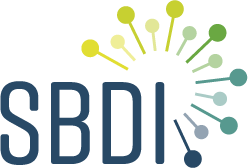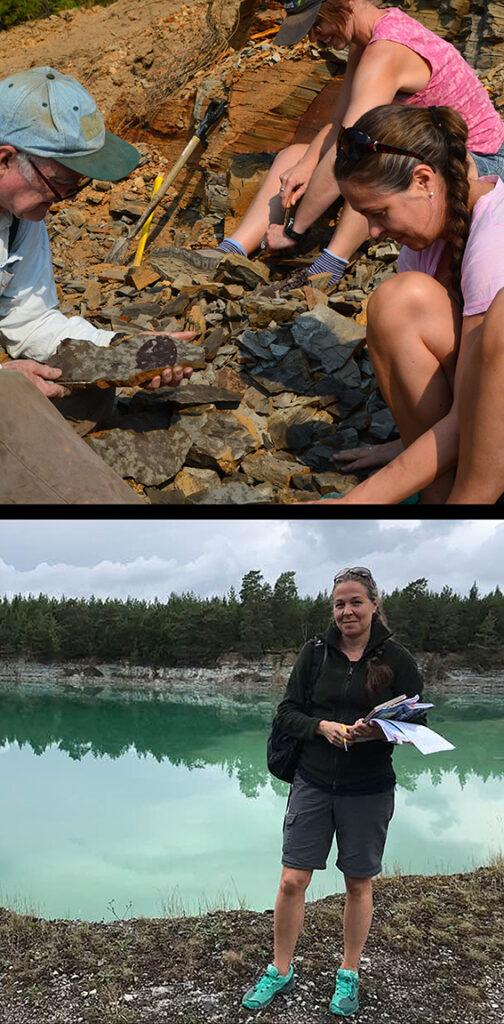We are happy to welcome Margret Steinthorsdottir as the new Director of SBDI.
Margret is originally from Iceland and moved to Denmark as a teenager. She holds a B.Sc. and M.Sc. degrees in Geology/Palaeontology from the University of Copenhagen. After a few years in Chicago, USA, where she worked as a research assistant at the Field Museum of Natural History and at the University of Chicago, she pursued a PhD degree in Biology and Environmental Science at University College Dublin in Ireland.
Margret arrived in Sweden in 2011 and joined the Department of Geological Sciences at Stockholm University, first as a post doc and then as a visiting lecturer. She also joined the Bolin Centre for Climate Research as co-leader of Research Theme 3: Past climates, a position she still holds. In 2016, after receiving a Starting Grant from the Swedish Research Council, Margret moved to the Department of Palaeobiology at the Swedish Museum of Natural History, where she worked as a researcher and designed and ran a master’s course on palaeobiology in collaboration with Stockholm University, as well as being the NRM project manager for SYNTHESYS+.
In 2022, Margret was awarded a stipend from the Royal Swedish Academy of Sciences’ Anna-Greta and Holger Crafoord’s Fund of almost a quarter of a million crowns for her project ‘Past and future climate change investigated with conifers’, following her successfully completed project Global Ginkgo. Margret’s research has mostly focused on the causes and consequences of climate change, specifically the relationship between CO2 and temperature (climate sensitivity), as well as the associated impacts on Earth’s ecosystems and biodiversity.
How intimately climate and biodiversity crises are interlinked has been a recurrent theme and that these must be fought simultaneously to ensure a resilient future. Now her focus turns to making biodiversity data open and accessible through SBDI, our growing national informatics research infrastructure providing data and innovative tools to the research community to tackle the important challenges ahead.

